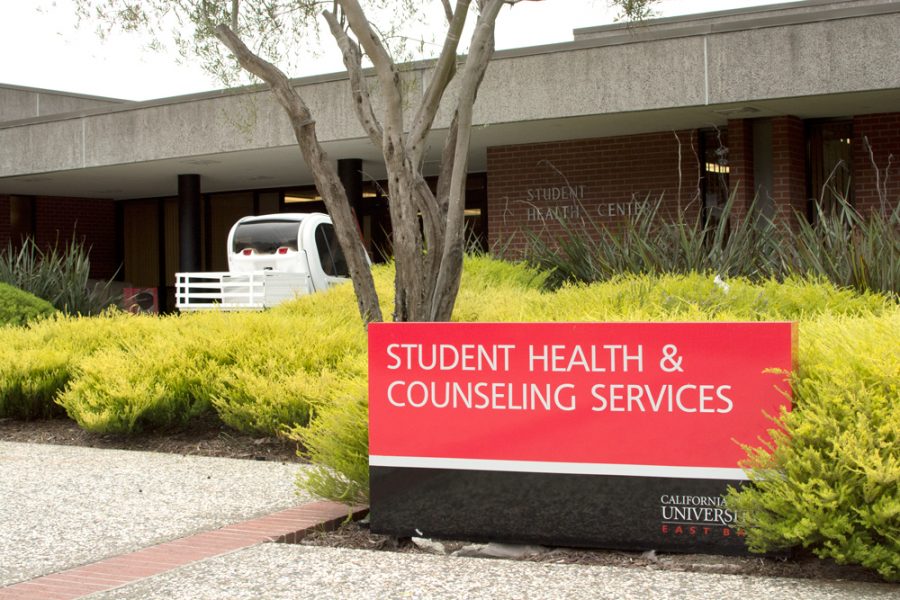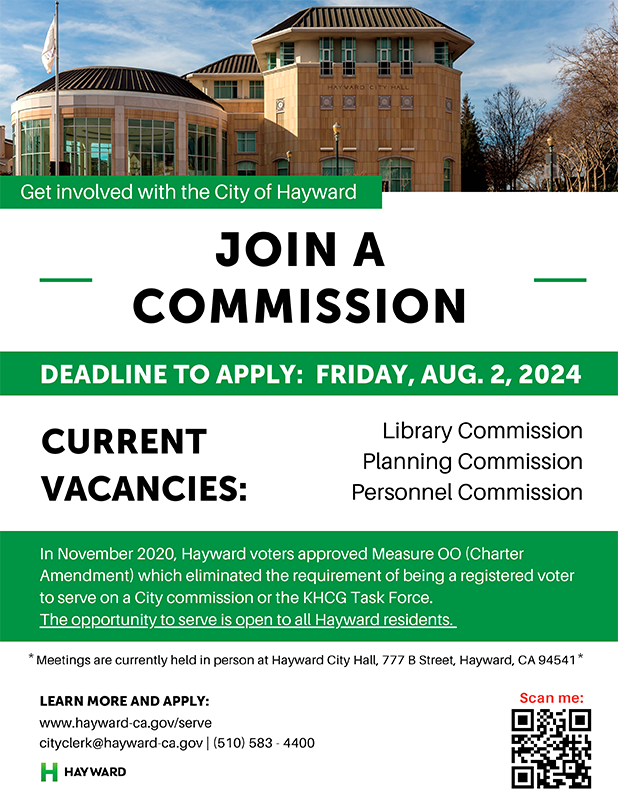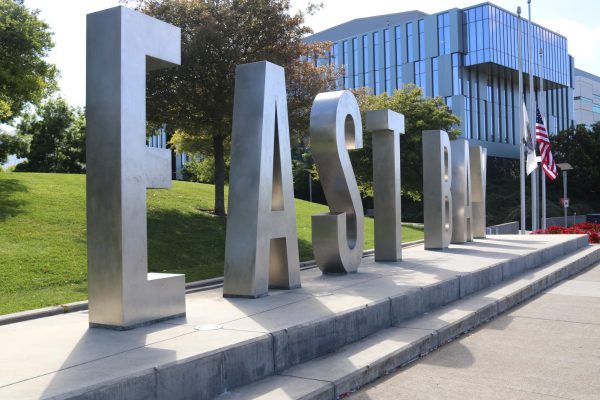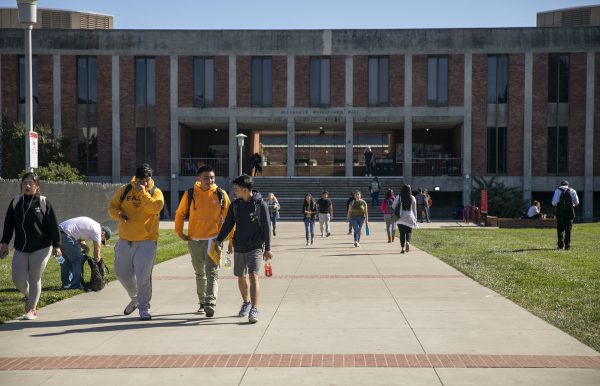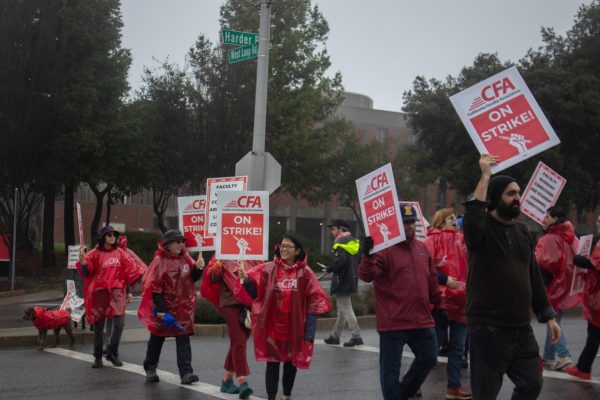First student food pantry celebrates grand opening
October 26, 2016
One in five students go without consistent meals, a CSU study reported in February 2015. Since the report was released, Cal State East Bay has been cooking up a solution.
Last Wednesday, East Bay cut the red ribbon on the university’s first student food pantry, a resource that many hope will satiate the hunger that many Pioneers face daily.
Volunteers handed out fresh strawberries, apples and oranges to anyone who visited the pantry on opening day, according to Alex Baker, case management coordinator at East Bay’s Student Health and Counseling Services center. The pantry was well stocked with fresh produce and shelf-stable food donations from the Alameda County Community Food Bank, whom Student Affairs has partnered with, and 800 items from the Enrollment Services department, according to Baker.
The program is currently in the process of gathering volunteers and interns to run the food pantry, which operates on an appointment only basis and by referral only. Baker explained that referrals are made by faculty or staff through an anonymous reporting system, or by students who can create a referral for themselves or others by emailing the H.O.P.E. email address.
After he receives the referrals, Baker follows up with the students to coordinate a time and date for them to access the food pantry. Foods are categorized and assigned a value by a points system. Students can access the pantry once a week and have an allotted number of points that they can use at that time.
Baker said the pantry opened during Make a Difference week, an expansion of Make a Difference Day, which celebrates volunteerism and took place from Oct. 18 to Oct. 22 this year. The food pantry is part of Pioneers for H.O.P.E or Helping Our Pioneers Excel, an “intervention” program that was created following the CSU study to provide hungry and homeless students with food, shelter and emergency funds.
Since Baker was hired last February, plans for the food pantry have been in the works. During this time, an advisory board and five subcommittee groups focusing on food, housing, funding, campaign and resources were created.
The study, commissioned by CSU Chancellor Timothy White revealed that only 11 of the 23 campuses in the CSU system offered programs that assisted food insecure students.
At the time of the study, East Bay’s only alternative dining option was meal cards for the on-campus dining commons. Baker said the Pioneers for H.O.P.E. program is the first of it’s kind at East Bay.
Baker said the study was a call to action for CSU campuses to develop more services to address these issues. The study revealed that many students that reported food insecurities also said they managed “incredible stress,” and agreed that this could be distracting in class.
“It was important because our students were experiencing these areas of hardship and needed something in place,” said Baker. “This played a major role in the success of our students.”




